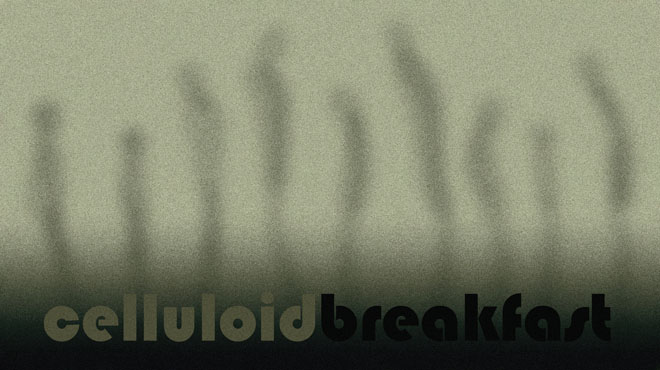One of three films that Mikio Naruse made with his wife-to-be Sachiko Chiba in 1936, Morning’s Tree-Lined Street came at a time that Naruse began to notice a supposed lapse in the quality of his films, a problem he ascribed partly to his relationship with Chiba. In her role here as Chiyo, Chiba is vulnerable and uninitiated, and her trajectory is largely shaped by the vicarious experiences of the other characters. Though unconstrained by the ideals of home and family usually seen in his films, the film is an oddly personal document, and the elevation in visual creativity, which sees the camera outdoors as often as indoors, suggests a shift in Naruse’s state of mind. An extra scene of Chiyo’s family might have helped illustrated her disillusionment in the city, but the film succeeds elsewhere.






No comments:
Post a Comment